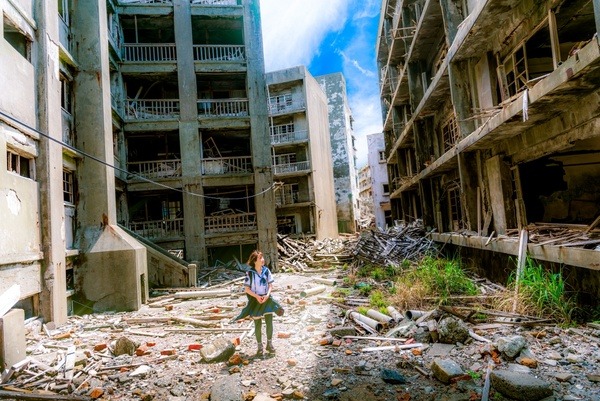As we cross the threshold into yet another hurricane season – one that the National Oceanic and Atmospheric Administration (NOAA) predicts could produce as many as four major storms – the Federal Emergency Management Agency (FEMA) warns that the U.S. remains woefully unprepared.
The NOAA model shows the likelihood of nine to 15 named storms, as many as eight of which could become hurricanes. Two to four of those could be Category 3 (winds of 111 mph or higher) or stronger.
FEMA Report
According to a FEMA Higher Education Program report released earlier this year, decades of hurricane preparedness efforts have failed. Though FEMA’s 2018-2022 Strategic Plan has a goal of building “a culture of preparedness.” The report was the result of a two-day workshop at Georgetown University attended by 39 experts.
The FEMA report recommended abandoning the failed top-down approach to emergency preparedness in favor of a bottom-up approach that emphasizes local communities.
“This report highlights the vast diversity of American communities and households, indicating that a one-size-fits-all strategy is not well-suited to the specific demands of variable and distinctive environments. Our Culture of Preparedness will have to be built one community at a time,” said the FEMA report’s executive summary. “Preparedness is a local matter, requiring solutions tailored to different cultural contexts and embraced by communities.”
Healthcare Vulnerability
Healthcare is one community that can be particularly vulnerable. Anyone who has worked in a healthcare facility knows about the unique challenges faced by patients, staff and visitors during a hurricane, something the FEMA report seemed to acknowledge.
“The elderly, disabled, or critically ill persons who depend on a caretaker and equipment cannot readily leave when told,” the FEMA report stated. “Caretakers may not leave if their patients/clients/charges are unable or unwilling to evacuate.”
Healthcare organizations seeking to prepare their facilities for hurricane season may access a powerful new tool to help them. Readiness Associates recently unveiled its “Healthcare Facility Emergency Preparedness Self-assessment,” a 15-minute online survey that can help organizations determine just how ready they are currently.
Our Assessment
The Readiness Associates self-assessment survey asks respondents to rate 49 statements about their facilities’ readiness in a variety of areas. Readiness Associates will use their responses to help organizations identify their strengths and opportunities for improvement. Participation is voluntary, and information provided will be kept strictly confidential.
“Healthcare facilities are expected to anticipate and prepare for potential emergencies,” said Vernon Jeffery, Readiness Associates lead strategist, who developed the survey. “Whenever an emergency occurs, either natural or man-made, healthcare professionals, providers and staff members are expected to respond as a single, cohesive facility. When disaster does strike, healthcare facilities are expected to rapidly recover and get back to providing services.”
Hurricane season has arrived. There’s no time to waste.

